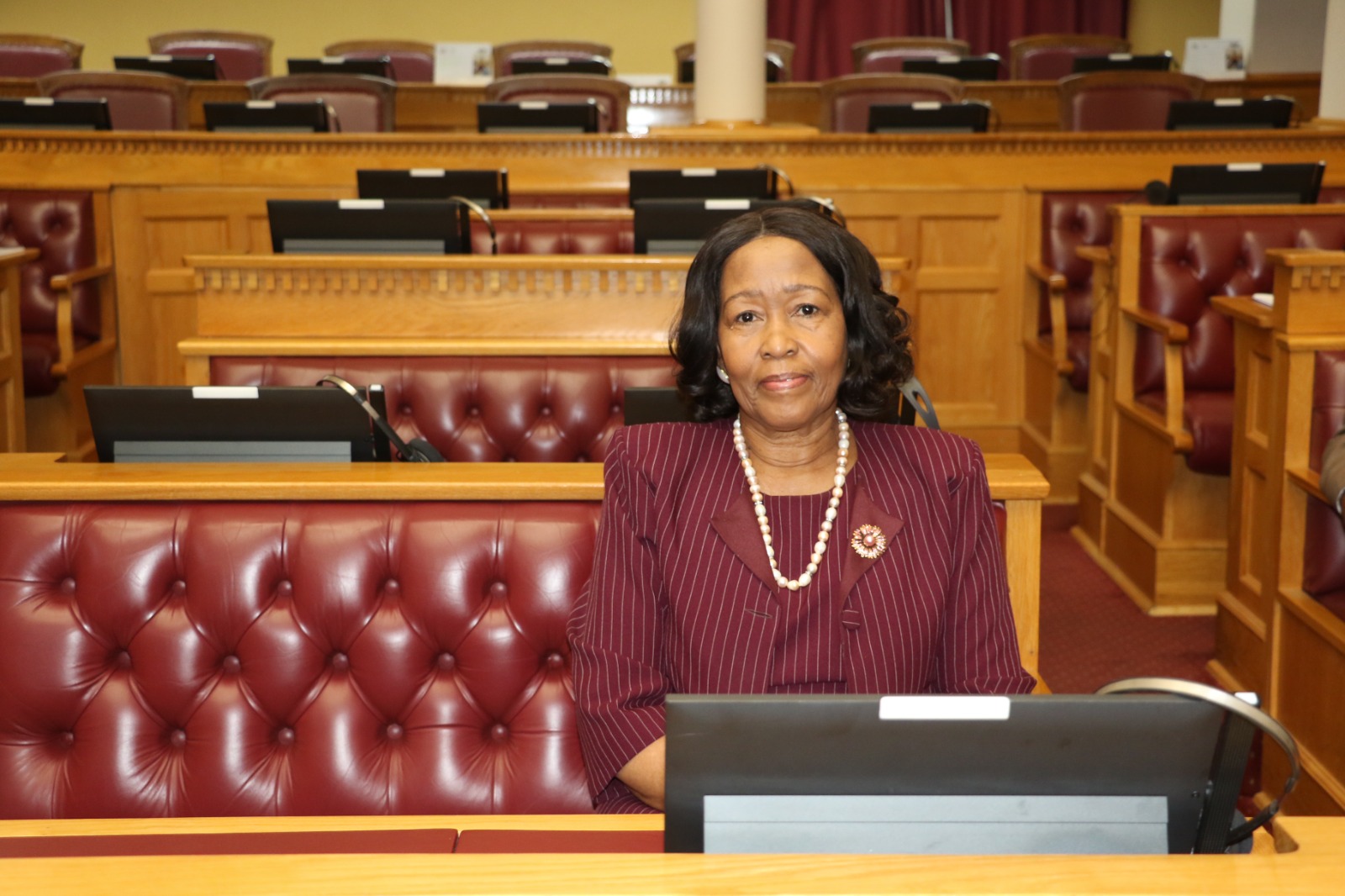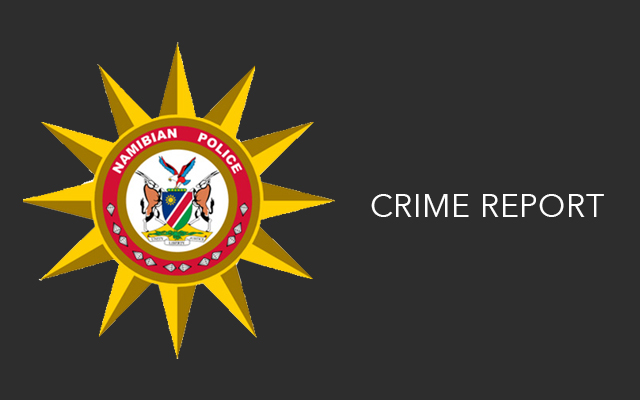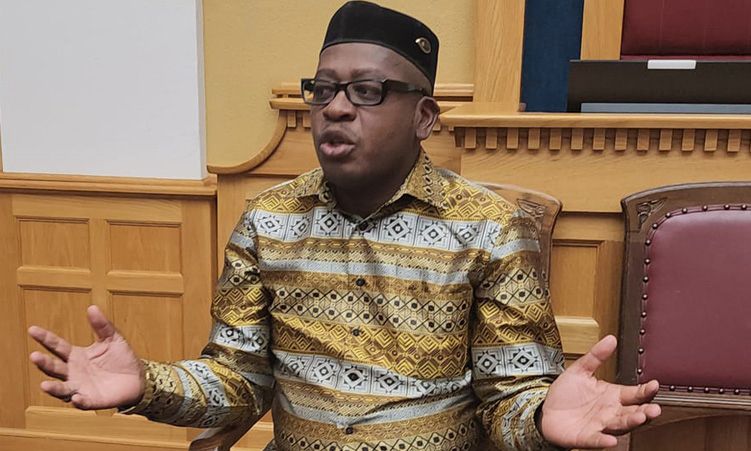KIGALI – Swaziland’s King Mswati III said on Wednesday he was not an absolute monarch and insisted that democracy was taking root in his southern African kingdom.
Widely criticised for his expensive tastes in a country with grinding poverty and for maintaining a ban on political parties, Mswati told a rare news conference in Rwanda a new constitution would move the country towards democracy. “I am not really an absolute monarch,” he told reporters in the Rwandan capital Kigali.”I am a monarchy which normally takes decision after consultation with the people.The King does not take decisions on his own.He takes them after long consultation.”Mswati was visiting Rwanda to announce a bilateral agreement between the two countries, but agreed to answer some questions about Swazi politics – something he seldom does.Democracy was taking root in Swaziland, Mswati said, citing a new constitution currently before parliament which he said took on board the views of the entire population.He did not say when the constitution would be promulgated.”It is important that everything we do, whether on democracy or whatever it might be, the most important thing is that we start from the grassroots level,” he said.Opposition groups say the constitution has been drawn up without broad consultation and will entrench royal rule.But he said on the contrary: “Before the constitution was sent to parliament, every Swazi was given an opportunity to participate.Parliament is only implementing what the whole of Swaziland has decided.”Wedged between South Africa and Mozambique, Swaziland’s 1,1 million people can vote in elections but political parties are banned and the government is packed with royal appointees.The outlawed opposition party PUDEMO says people are afraid to criticise the king.Unions provide the main opposition but most of their rallies and strikes have fizzled, partly because workers fear for their jobs in a nation with soaring unemployment.The opposition says Mswati’s penchant for expensive cars and multiple marriages in a country battling chronic poverty and an adult HIV rate of more than 40 per cent set a bad example.Mswati said he was always willing to talk to his critics.- Nampa-Reuters”I am not really an absolute monarch,” he told reporters in the Rwandan capital Kigali.”I am a monarchy which normally takes decision after consultation with the people.The King does not take decisions on his own.He takes them after long consultation.”Mswati was visiting Rwanda to announce a bilateral agreement between the two countries, but agreed to answer some questions about Swazi politics – something he seldom does.Democracy was taking root in Swaziland, Mswati said, citing a new constitution currently before parliament which he said took on board the views of the entire population.He did not say when the constitution would be promulgated.”It is important that everything we do, whether on democracy or whatever it might be, the most important thing is that we start from the grassroots level,” he said.Opposition groups say the constitution has been drawn up without broad consultation and will entrench royal rule.But he said on the contrary: “Before the constitution was sent to parliament, every Swazi was given an opportunity to participate.Parliament is only implementing what the whole of Swaziland has decided.”Wedged between South Africa and Mozambique, Swaziland’s 1,1 million people can vote in elections but political parties are banned and the government is packed with royal appointees.The outlawed opposition party PUDEMO says people are afraid to criticise the king.Unions provide the main opposition but most of their rallies and strikes have fizzled, partly because workers fear for their jobs in a nation with soaring unemployment.The opposition says Mswati’s penchant for expensive cars and multiple marriages in a country battling chronic poverty and an adult HIV rate of more than 40 per cent set a bad example.Mswati said he was always willing to talk to his critics.- Nampa-Reuters
Stay informed with The Namibian – your source for credible journalism. Get in-depth reporting and opinions for
only N$85 a month. Invest in journalism, invest in democracy –
Subscribe Now!










